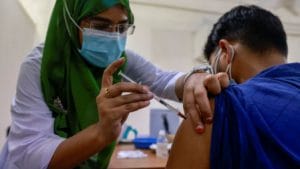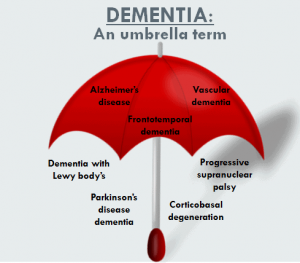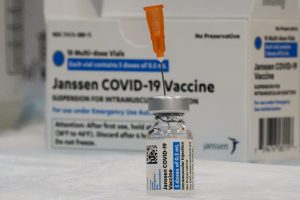This unwanted hair is a symptom of a hormonal physical problem called androgen. The main function of androgens (such as testosterone) is to develop the physical characteristics of men. The female body also naturally has a small amount of such male hormones. But when more androgens than normal levels are produced, there is an excess of hair in their body. In this case the hairs are thick and dark black in color on the face, chest, lower abdomen, back, upper arms or thighs.
Can be seen.
Adolescents, young women or young people are the main problem, but at any age such physical problems can occur. After menopause, many people can read this problem anew.
The cause of hirsutism
There are various reasons behind this problem of unwanted hair. Polycystic ovarian syndrome (PCOS) is one of them. In addition, adrenal gland disease, ovarian or ovarian tumors and some other hormonal gland abnormalities can be a symptom of excess hair. Such problems can also occur as a side effect of some drugs (such as androgens or steroids, phenytoin, minoxidil). Again in many cases no cause can be found.
The main cause of excess hair is PCOS. Excess androgen is secreted from the ovaries of women with this disease and their sensitivity to androgens is increased. Obesity is exacerbated by urban luxury living, changes in eating habits, and lack of physical activity. The prevalence of this PCOS is increasing in Bangladesh as well as all over the world. It is estimated that at least one-fourth of women between the ages of 15 and 30 suffer from the disease.
Unwanted hair is not only an aesthetic problem, it is also associated with many other problems and complications.
Irregular menstruation
Prolonged menopause, irregular menstruation before or after the prescribed time is one of the symptoms of this disease. In most cases of PCOS, menstruation is irregular but some people may have normal menstruation.
Infertility and abortion
In this disease, the ovary may not mature. As a result, ovulation does not take place properly. This can lead to infertility at a later time. Apart from that, the risk of miscarriage is much higher in women affected by this disease.
Cervical cancer
Prolonged menstrual cramps increase the risk of uterine cancer.
Obesity
Most patients with PCOS are overweight, so they have a variety of obesity complications. Again some people may have normal weight.
Diabetes
The main cause of PCOS like type-2 diabetes is insulin insensitivity of the body. As a result, PCOS patients have diabetes and pre-diabetes. In addition, their risk of gestational diabetes is much higher.
High blood pressure
Many of them have higher blood pressure than normal, they also have high levels of bad fats in the blood.
For these reasons, patients with PCOS have a higher risk of heart disease and stroke in the long run than others.
Being overweight can lead to sleep apnea. Anxiety, fatigue, psychosexual problems and many other psychological problems can occur. Do all patients have the same type of problem? No, it’s not. Not all PCOS patients have all the same problems at once. The onset of the disease is usually accompanied by symptoms such as weight gain, bronchitis, unwanted facial hair, etc., with irregular menstruation during puberty. Weight loss will be followed by fatigue and constant tiredness. As you grow older, you may have to deal with diabetes, heart disease and other long-term problems.
What to do
Remember, unwanted hair problems can be accompanied by many other problems. So not only do you have to deal with hair loss, but also seek the help of a hormonal specialist. Tests for thyroid and androgen hormones, blood sugar, fat, blood pressure, ultrasonogram of the ovaries or adrenal glands, etc. may be needed.
- After diagnosis, according to the symptoms, nutritionist, gynecologist, dermatologist may need to consult a psychologist.
- The treatment of this disease will start through lifestyle changes. A balanced diet, exercise, gaining and maintaining the right weight are the mainstays of treatment. Metaformin, estrogen and progesterone-rich pills and birth control pills are used to reduce insulin resistance. There are also benefits to using vitamin D. Other treatments for hair loss, such as laser therapy, ointments, etc. can be given. With diabetes, high blood pressure, fat abnormalities should be treated. If infertility is treated in time, it is also beneficial.
Dr. ABM Kamrul Hasan
Assistant Professor, Department of Endocrinology, Mymensingh Medical College and Hospital
Published7 January 2021





